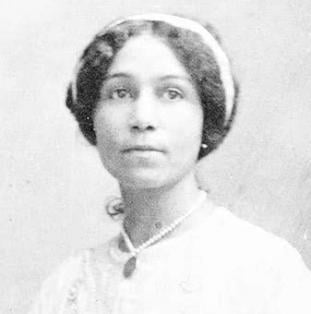Gay little Girl-of-the-Diving-Tank,
I desire a name for you,
Nice, as a right glove fits;
For you—who amid the malodorous
Mechanics of this unlovely thing,
Are darling of spirit and form.
I know you—a glance, and what you are
Sits-by-the-fire in my heart.
My Limousine-Lady knows you, or
Why does the slant-envy of her eye mark
Your straight air and radiant inclusive smile?
Guilt pins a fig-leaf; Innocence is its own adorning.
The bull-necked man knows you—this first time
His itching flesh sees form divine and vibrant health
And thinks not of his avocation.
I came incuriously—
Set on no diversion save that my mind
Might safely nurse its brood of misdeeds
In the presence of a blind crowd.
The color of life was gray.
Everywhere the setting seemed right
For my mood.
Here the sausage and garlic booth
Sent unholy incense skyward;
There a quivering female-thing
Gestured assignations, and lied
To call it dancing;
There, too, were games of chance
With chances for none;
But oh! Girl-of-the-Tank, at last!
Gleaming Girl, how intimately pure and free
The gaze you send the crowd,
As though you know the dearth of beauty
In its sordid life.
We need you—my Limousine-Lady,
The bull-necked man and I.
Seeing you here brave and water-clean,
Leaven for the heavy ones of earth,
I am swift to feel that what makes
The plodder glad is good; and
Whatever is good is God.
The wonder is that you are here;
I have seen the queer in queer places,
But never before a heaven-fed
Naiad of the Carnival-Tank!
Little Diver, Destiny for you,
Like as for me, is shod in silence;
Years may seep into your soul
The bacilli of the usual and the expedient;
I implore Neptune to claim his child to-day!
Anne Spencer was a poet, civil rights activist, and teacher who is regarded as an important figure in the Harlem Renaissance. She helped establish the Lynchburg, VA chapter of the NAACP, and she and her husband were known to host in their home in Virginia prominent African-American intellectuals of the day, like James Weldon Johnson, Langston Hughes, W. E. B. DuBois, Paul Robeson, and Thurgood Marshall. Though she published only thirty poems in her lifetime, she was included in several important anthologies of African-American poetry. Spencer is also noteworthy for being the first African-American woman poet published in the Norton Anthology of Modern Poetry (1973). After her death, her poetry was finally collected in Time’s Unfading Garden: Anne Spencer’s Life and Poetry (Louisiana State University Press, 1977).



No Comments